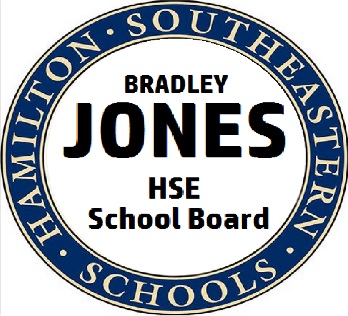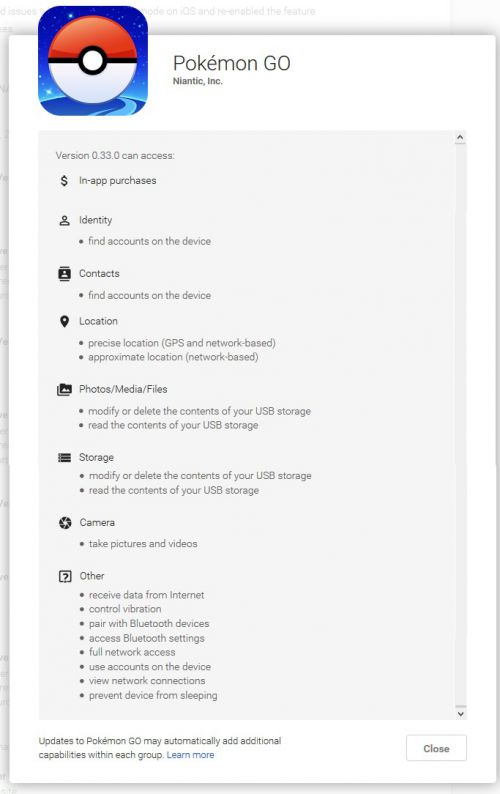
While there were some technology questions asked of the candidates for the HSE School board at the HSEA candidate forum, I was surprised of a few that didn’t get asked. Questions such as:
- What is being done to monitor screen time?
- What is being done to secure the school networks better so as to keep kids from VPNing or getting out of the school network to sites that are not appropriate?
- What is being done to prevent kids from playing non-educational games in the classrooms or at lunch?
- What is being done to make sure the devices are secure at all times, including those when they are not in use?
- What is being done to make sure teachers are fully versed in how to effectively use technology as a tool and not as a ‘babysitter’ or distraction?
- How is the use of technology being balanced with that of other learning methods (such as paper periodicals and books at the lower levels?
- Is there a review in place to make sure recommended devices are sufficient to cover the length of time they will be used? Specifically, if the school expects the life of a device to be four years, then are the devices being purchased this year going to still be usable in 4 years with the changes and deprecation of support that companies like Apple make?
- Who is reviewing issues such as COPPA (Child Online Privacy and Protection Act) and software licensing to make sure that what is being used is not only appropriate for kids under 13, but also legal for kids under 13 to use? For example, Adobe licensing including Adobe Reader at one point did not allow for use by kids under 13.
- Should we review the appropriateness of iPads in middle school and junior high where kids really need a keyboard?
- ISTEP rules were going to require a wired keyboard on testing computers. Is this a possibility with whatever new testing replaces the ISTEP? If so, how will this be addressed by the school?
There were a few good technology comments that were brought up in the forum that included:
- Technology and computers are just a tool. Like other tools, they are used to execute on the teaching.
- HSE21 is not about computers and technology. It is a learning, teaching approach focused on project-based, inquisitive learning styles that is more open to allowing kids to engage with creativity and innovative thinking. The use of technology (and thus a 1:1 computer program) can make elements of HSE21 easier to execute.
- There are great areas where technology can make a big impact on helping individual children. Several people echoed how they can be used to help children who have hearing issues.
- More research needs to be done in regard to appropriate use and handling of devices in the lower grade levels, especially K-2.
- Better communication needs to occur with incoming families in regard to technology expectations.
- We should be using the technology to enable more communication
- The technology is being used in cool, creative ways in the classrooms.
- While it might seems trivial, the iPads are being used to cut down on paper and ink costs. A few cents saved for each piece of paper with ink adds up in the long run.
# # #
*photo credit: Lupuca Children at school via photopin (license)
UPDATE:
October 27, 2016 – The tech committee meeting on October 27th focused on open-ended questions. This included a lot of great, positive feedback on how technology is being used. It also included a number of comments and suggestions on making things better. Issue such as VPN access, screen time, computer monitoring, and appropriateness of device selection were all discussed. As to be expected, many topics are bigger than a one hour meeting can address; however, the topics were highlighted and brought to light. That’s a great step towards being able to build better solutions for the long term.


